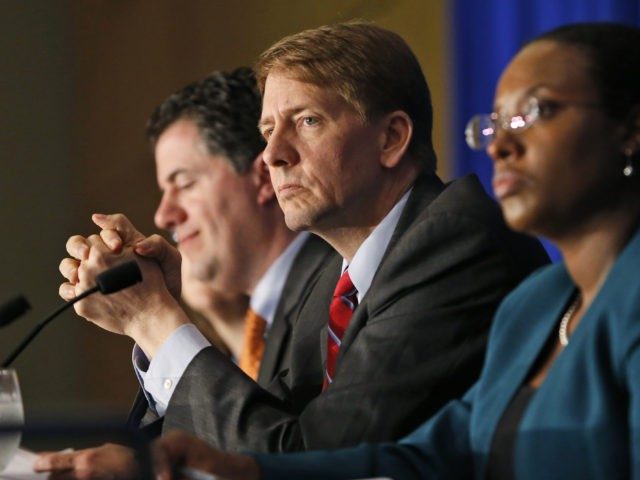George Washington University’s International Affairs school has introduced a gender quota to ensure that no guest speaker panels are exclusively male.
A new policy, established by Elliot School of International Affairs Dean Reuben Brigety on July 1, requires that all multi-speaker events with at least three speakers feature at least one female panelist. If all panelists are male, the moderator must be female. The event could be canceled by the administrators if these conditions are not met.
“For any panel, symposium, or multi-speaker event (3 or more speakers) held at the Elliott School, there should be no single-gender discussion panels,” Elliott School Dean Reuben Brigety wrote in an email.
“If a panel consists of a single-gender [sic], please ensure that the moderator is of a different gender,” said Brigety, adding: “Non-adherence to this policy could result in cancellation of the event.”
George Washington Law School Professor John Banzhaf, who isn’t affected directly by the policy, claims that the new rule “flies in the face of academic freedom – including clear explanations and robust discussions of important topics by those most qualified in various areas – as well as GWU’s strong equal opportunity policy statement which restricts discrimination based upon sex as well as many other factors,” he said.
“Even if there is absolutely no sex discrimination whatsoever, and people are assigned to panels completely by chance, there will still be many panels which will be all-male (and therefore subject to being prohibited), just as there will be some all female panels,” he added.
This new policy brings into memory an incident that occurred at the University of Southern California in 2016. A panel for video game design students at the University of Southern California featuring leaders in the industry was canceled after administrators decided that the event’s all-male panel was not diverse enough. Some students complained that the decision only served to hurt female students who would have benefited from the opportunity to network with industry leaders.

COMMENTS
Please let us know if you're having issues with commenting.